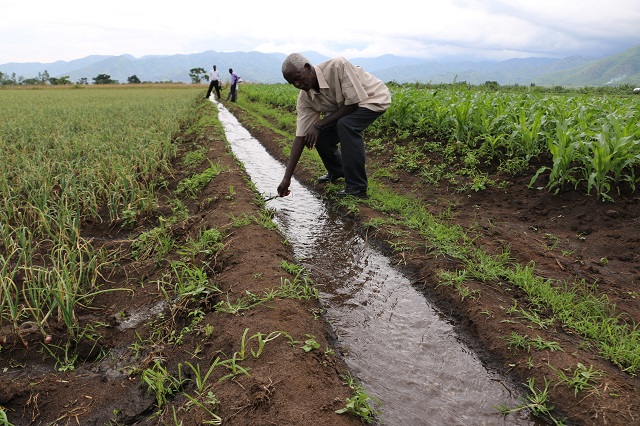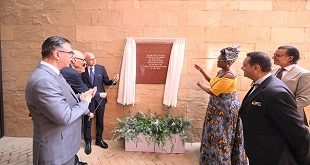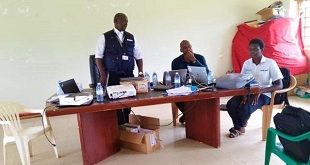
Kampala, Uganda | THE INDEPENDENT | The postpaid irrigation systems project, funded by the Danish government, is set to benefit over 12,000 small and medium-holder farmers.
Through the DANIDA Green Business Partnership Program, the Danish government has allocated up to USD 1.5 million for the 3-year project dubbed ‘Enhancing Irrigation to Improve Climate Adaptation and Sustain Smallholder Production Systems in Uganda.’
This initiative aims to enable farmers’ access to irrigation tools. Gerald Masila, the Executive Director of the Eastern Africa Grain Council (EAGC), highlights that in addition to cereals, the project intends to focus on irrigating high-value crops. This strategy is designed to ensure greater profitability for farmers, given the availability of a ready market.
Masila further explains that the project welcomes participation from farmers across the country, provided they are members of recognized farmers’ organizations. These organizations will facilitate the application process for accessing the technology. Large-scale farmers will also have an opportunity to participate in a distinct manner, showing their interest and applying accordingly.
Launched an initiative on solar-powered irrigation 4 climate change adaptation.🇩🇰 is supporting an alliance between @Grundfos @a2i_Network @akvo & @GrainCouncil through Danida Green Business Partnerships,to uphold sustainable Agric practices,climate resilience&smallholder farmers pic.twitter.com/prQyv7355o
— Denmark in Uganda (@DKinUganda) August 29, 2023
The availability of a water source to support irrigation is a critical criterion before the equipment is provided, as emphasized by Masila. Under this project, farmers can utilize the irrigation tools without upfront payments.
According to Masila, the off-taker arrangement, where farmers use the equipment and make payments after production, addresses the common concern of affordability associated with high-quality solar-powered irrigation systems among farmers.
“In contrast to other projects, our approach is unique. We’re developing a business plan that considers the equipment acquisition cost, the projected yield, and a pre-identified off-taker with an established price. This way, the technology’s cost is factored in based on the expected income from the produce,” explains Masila. He also notes that in case the yield is insufficient to cover the loan, a mechanism has been put in place to handle such situations, which is one of EAGC’s roles in the consortium.
The project is being executed by a consortium comprising the Eastern Africa Grain Council (EAGC), Denmark’s Grundfos, Akvo International (Uganda), and Access to Innovation from Denmark.
John Mahgani, the East African advisor for Access to Innovations, cites climate change’s impact on weather patterns, seasons, and agricultural production as the reason for offering support through irrigation.
Mahgani underscores that the irrigation projects offer additional benefits, including imparting new agricultural skills and ensuring a consistent supply to external markets.
Joshua Enyati, the Agricultural Irrigation Engineer at Akvo International Uganda, highlights that the project’s installation is demand-driven and tailored to individual farmers’ requirements. Enyati adds that the installation process involves farmers making requests, and the available funds can support up to 12,000 farmers.
******
URN
 The Independent Uganda: You get the Truth we Pay the Price
The Independent Uganda: You get the Truth we Pay the Price


